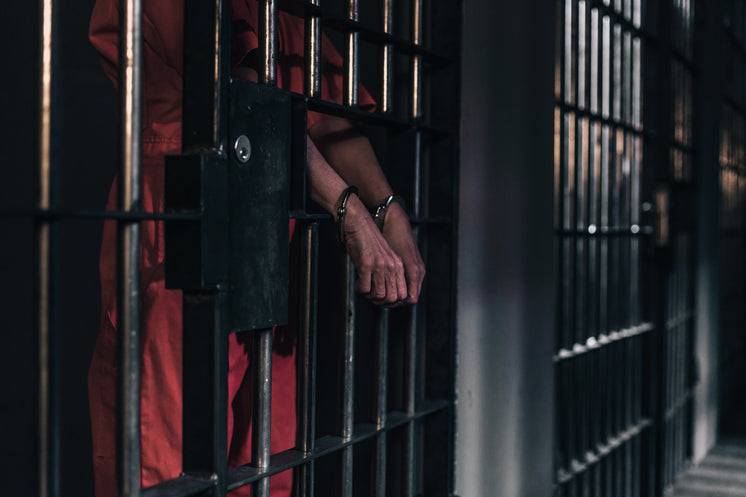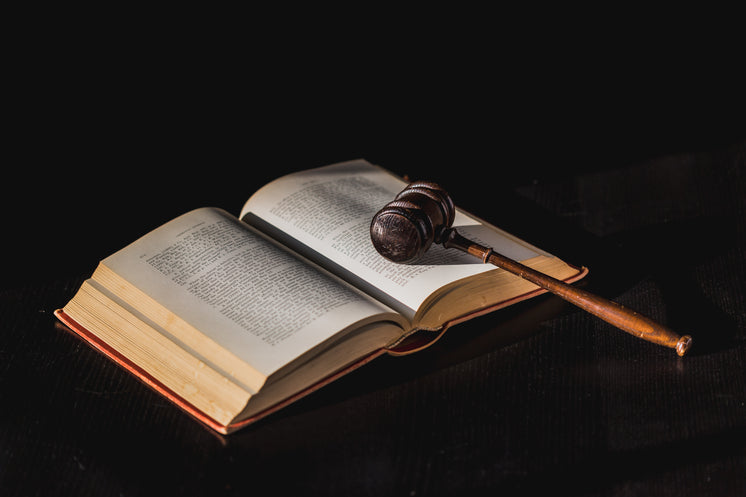
denishaargueta
About denishaargueta
Courts of law in Scotland are a unique part of the UK’s legal framework.
A central element of legal aid in the UK is that it ensures representation for those who are unable to afford a lawyer. In criminal cases, legal aid provides defendants with access to defense lawyers to ensure that they are not disadvantaged due to their financial status. This is essential in maintaining a fair trial, as everyone has the right to legal representation, especially when faced with criminal charges that could lead to serious penalties such as imprisonment. Legal aid covers both the cost of the lawyer and any associated legal costs.
In addition to trial proceedings, is the enforcement of court orders. Once a judgment is made, it is up to the winning party to ensure that the judgment is enforced. Here is more info on online advertising for solicitors stop by the page. In civil cases, this may involve collecting damages from the losing party or ensuring that a court order is complied with. In criminal cases, the enforcement of the sentence may involve the probation service, police, or prison system, depending on the nature of the punishment.
While Scottish courts operate independently, they are not completely isolated from the UK-wide legal landscape. Certain matters—such as immigration, constitutional law, and human rights—can be appealed to the Supreme Court of the United Kingdom, which serves as the highest appellate court for civil matters from Scotland. However, the UK Supreme Court does not hear appeals in Scottish criminal cases, which end with the High Court of Justiciary.
Over the past few years, there have been efforts to address these challenges and improve access to legal aid. Various advocacy groups, including law societies, have called for a restoration of funding and a broader understanding of what constitutes a ”fair” trial. There have been calls for the expansion of legal aid in areas such as housing, education, and mental health, where many individuals are unable to afford necessary legal services. These calls highlight the importance of legal aid not only in ensuring fairness but also in promoting social justice.
Appealing a case is an important part of the judicial system in the UK, as it allows for decisions to be reviewed and corrected if necessary. However, not all decisions are appealable, and in order to appeal, the appellant must have valid grounds, such as a mistake of law, procedural irregularities, or new evidence that was not available at the time of the original trial.
 The court trial is highly structured, and each party is given an opportunity to present their case, call witnesses, and cross-examine the opposing party’s witnesses. During the trial, the judge will listen to the arguments, evaluate the evidence, and make rulings on any legal issues that arise. In civil cases, the standard of proof is typically ”on the balance of probabilities,” meaning that the claimant must prove that their version of events is more likely to be true than the defendant’s. In criminal cases, the standard of proof is higher: ”beyond a reasonable doubt.” The prosecution must prove the defendant’s guilt to this high standard.
The court trial is highly structured, and each party is given an opportunity to present their case, call witnesses, and cross-examine the opposing party’s witnesses. During the trial, the judge will listen to the arguments, evaluate the evidence, and make rulings on any legal issues that arise. In civil cases, the standard of proof is typically ”on the balance of probabilities,” meaning that the claimant must prove that their version of events is more likely to be true than the defendant’s. In criminal cases, the standard of proof is higher: ”beyond a reasonable doubt.” The prosecution must prove the defendant’s guilt to this high standard.
If no appeal is made or the appeal is unsuccessful, the court’s decision becomes final. In criminal cases, this may lead to the imposition of a sentence, which could involve a fine, community service, imprisonment, or another form of punishment. In civil cases, the defendant may be ordered to pay damages or comply with a court order, such as a child custody arrangement or an injunction.
Scotland’s judicial hierarchy is structured across several levels, each dealing with specific areas of law. At the entry level are the Justice of the Peace Courts and the Sheriff Courts. These courts handle the bulk of civil and criminal cases in Scotland.
To summarise, law courts in Scotland represent a dynamic and unique component of the UK legal landscape. With its own procedures, court hierarchy, legal principles, and cultural influences, the Scottish judiciary continues to uphold justice while responding to modern legal challenges.
Throughout the trial, the judge has the responsibility of maintaining order and ensuring that the proceedings are fair. If any legal issues arise that cannot be resolved immediately, the judge may make rulings or request further clarification. In more complex cases, especially those involving expert testimony or large amounts of evidence, the trial may last several days or even weeks.
 The impact of court fees has also become a topic of concern in the UK court system. While court fees are necessary to fund the administration of justice, there is ongoing debate about how they can limit access to justice for vulnerable groups. Some argue that the cost of litigation, particularly in civil cases, can prevent individuals from accessing the courts, leading to disparities in legal outcomes.
The impact of court fees has also become a topic of concern in the UK court system. While court fees are necessary to fund the administration of justice, there is ongoing debate about how they can limit access to justice for vulnerable groups. Some argue that the cost of litigation, particularly in civil cases, can prevent individuals from accessing the courts, leading to disparities in legal outcomes.
The role of the media also plays into the justice process. In some high-profile cases, media coverage can influence public opinion or put pressure on courts, potentially leading to rushed or biased judgments. This is particularly relevant in sensitive cases involving celebrities, political figures, or contentious social issues.
